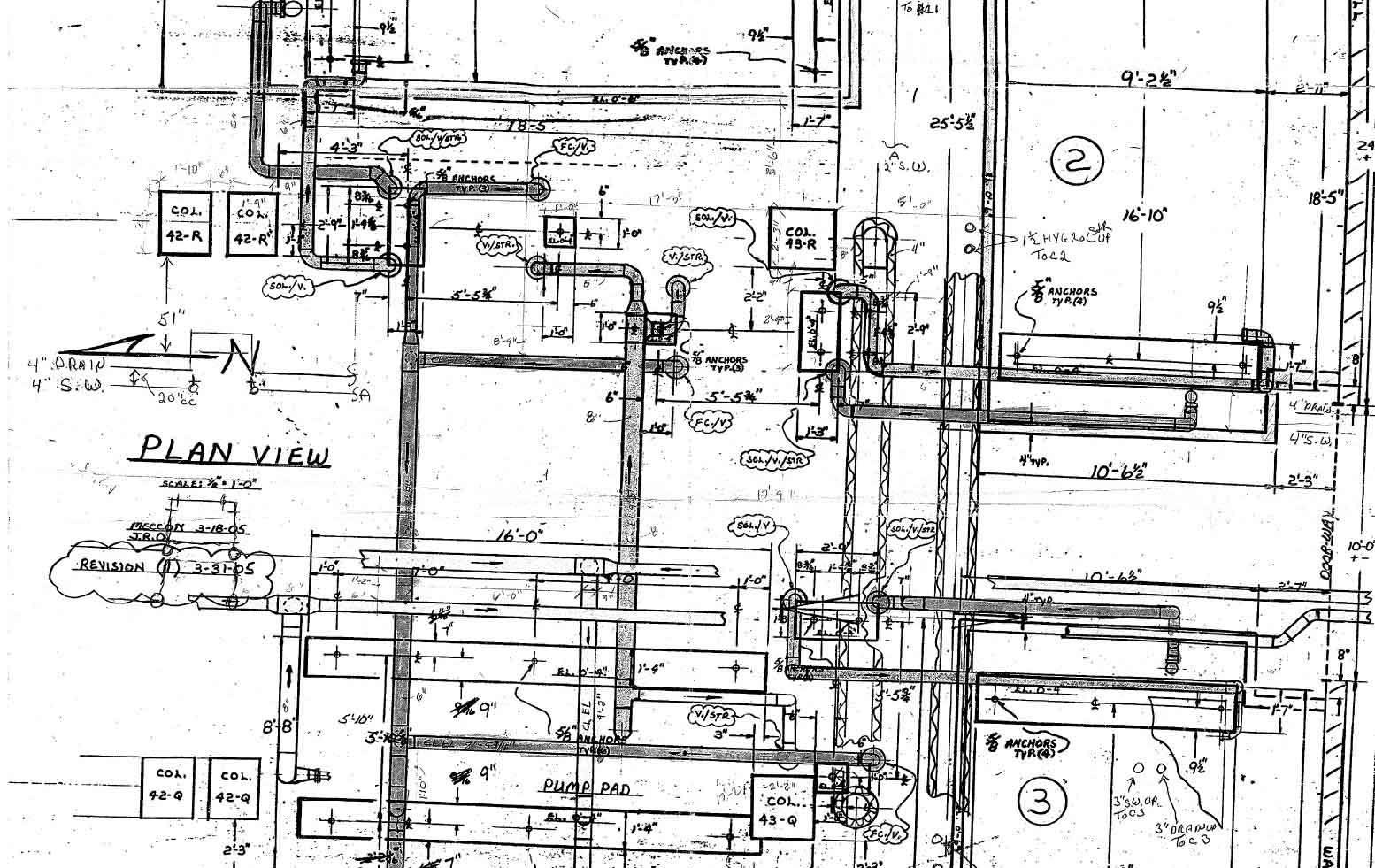
As we move, slowly but surely, through another Dallas winter (are we almost done?), we here at Combat Plumbing find ourselves thinking about water heaters more and more.
Though it’s one of the most vital and most-used parts of any plumbing system, we tend to take our water heaters for granted – until something goes wrong. Most standard tank water heaters have a lifespan of 10-15 years. If your unit is reaching that age range – or if you notice any other troubling warning signs – it may be time to replace or upgrade your water heater.
With our thanks to this great U.S. News & World Report article, here are three things to consider when it’s time to purchase your next water heater:
1.) Size
Before shelling out thousands for a brand new water heater, make sure that your new unit is going to meet your household’s needs.
For a conventional tank or storage unit, it’s important to consider the number of gallons the tank can hold, as well as the “first hour rating” of the unit, which measures how many gallons the heater can supply per hour. Storage units come in sizes ranging from 20 to 120 gallons, but it’s important to keep in mind that total storage does not necessarily equal the total amount of available hot water, since hot water is replaced in the tank by cold as it gets used up.
Take this example, from U.S News: A 50-gallon tank with a first hour rating of 35 will only yield sufficient hot water for about two eight-minute showers (which will each use up around 17 gallons, on average). If that’s not enough for your family, consider increasing your tank size.
If constant access to hot water with no lag time is important, you might also consider converting to a tankless water heater, which runs water through a “heat exchanger,” rather than storing it and warming it for later use.
A bonus? Tankless water heaters tend to take up less space than their storage counterparts, while boosting your energy efficiency. The drawbacks? Converting to a tankless unit from a conventional water heater can be an extremely pricey undertaking. Which brings us to…
2.) Retrofitting
As you begin choosing a water heater, keep in mind the costs that will accompany making your home compatible with your new unit.
In addition to permit costs that can come with installing a water heater, upgrading can require extensive retrofitting, including accommodating for the larger size of tanks that meet current EPA certification requirements. Switching between energy sources (gas and electric, for example) can raise your installation costs astronomically, and some new gas heaters will still require the installation of an electric line.
And if you’re considering going from storage to tankless, consider this: A natural gas tankless heater may require the installation of a larger gas line, new flue, new water lines, and, likely, new electrical lines. An electric tankless will draw more current, requiring new wiring. And tankless heaters tend to require more frequent maintenance than conventional units, which will only drive up your yearly costs even further.
3.) Changes in Technology
Before you commit to a new unit, do some research about the technological changes that water heaters have seen in the past few years.
Look into whether a super-energy efficient solar water heater is right for your needs, for instance, or consider the merits of a hybrid unit, which combines many of the positive elements of conventional and tankless water heaters into one.
And look into some of the changes that have come to conventional units since the rise of the new EPA standards: Electric units, for instance, may now come equipped with heat-pump technology, which draws warmth from the surrounding air to boost efficiency. Gas units, meanwhile, may now boast condensing technology, which helps prevent hot air from escaping.
We realize a lot of this might sound overwhelming. Fortunately, we’re here and happy to help!
Whether you’re looking to service your current water heater or upgrade to a new unit, our experienced, friendly team has the know-how to help you make the best choices for your system every step of the way. Drop Combat Plumbing a line when you’re ready to get started!








